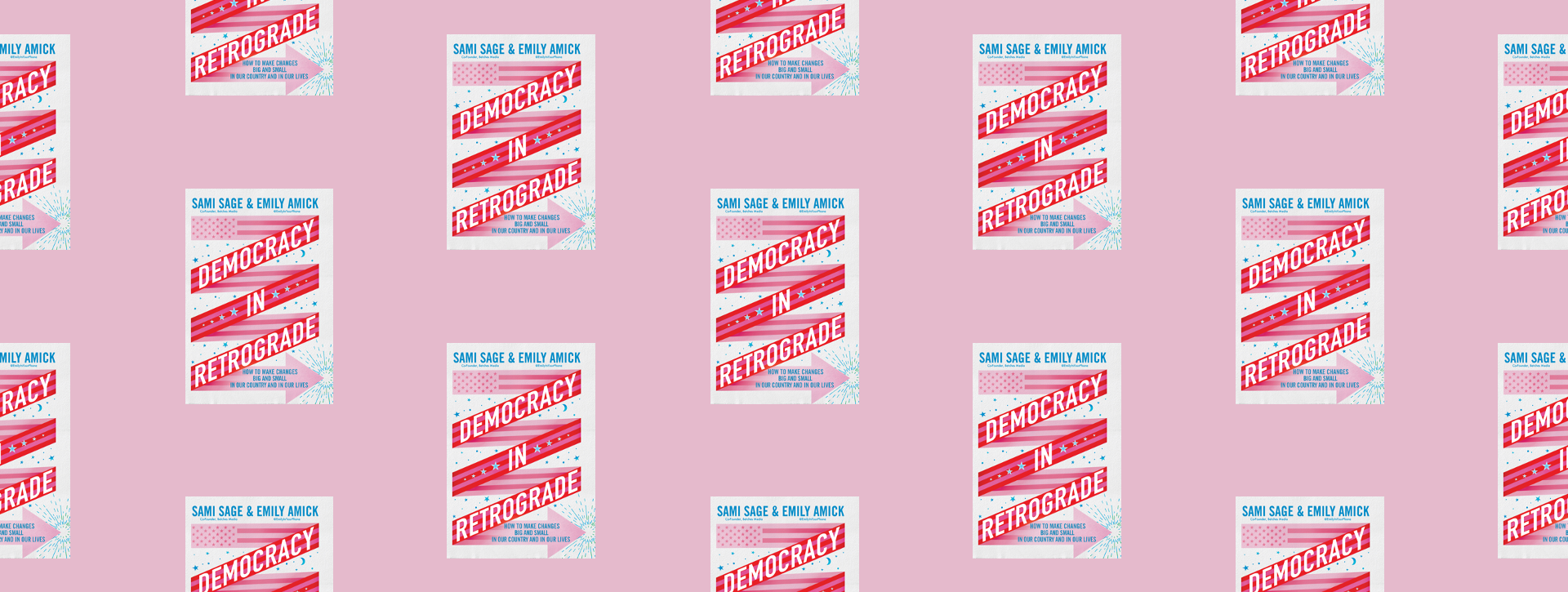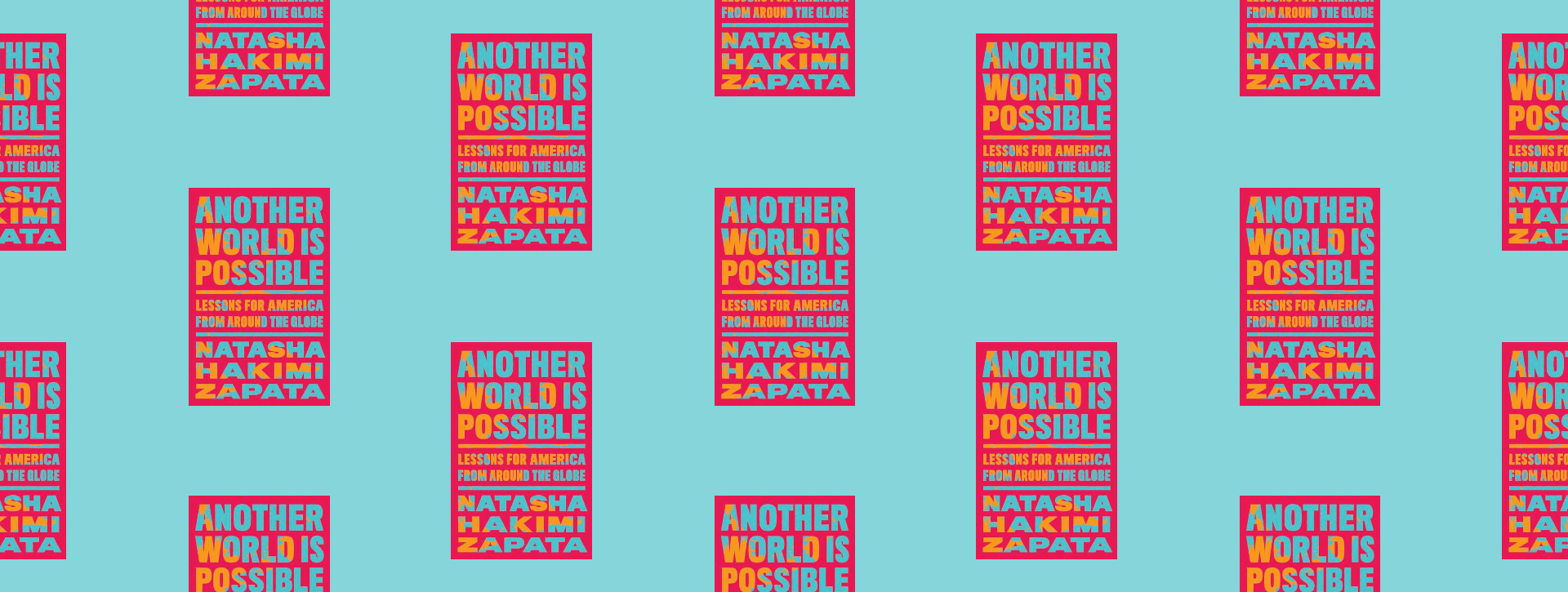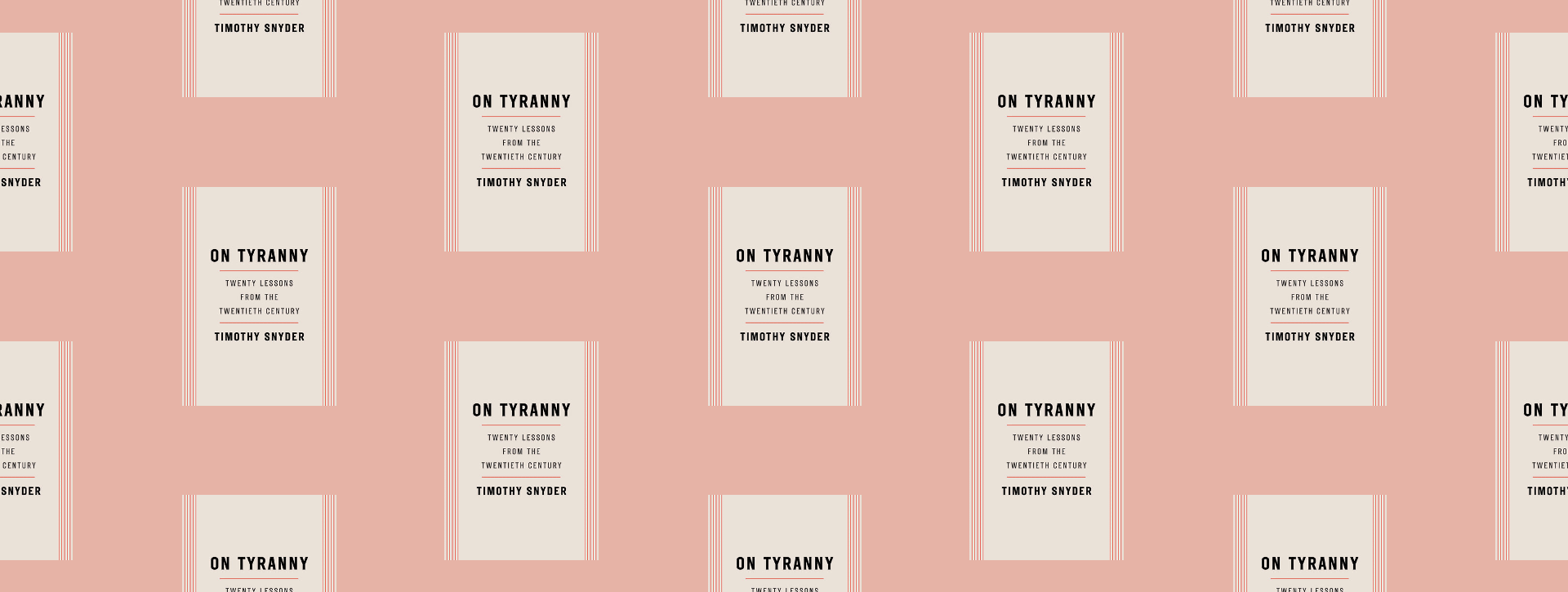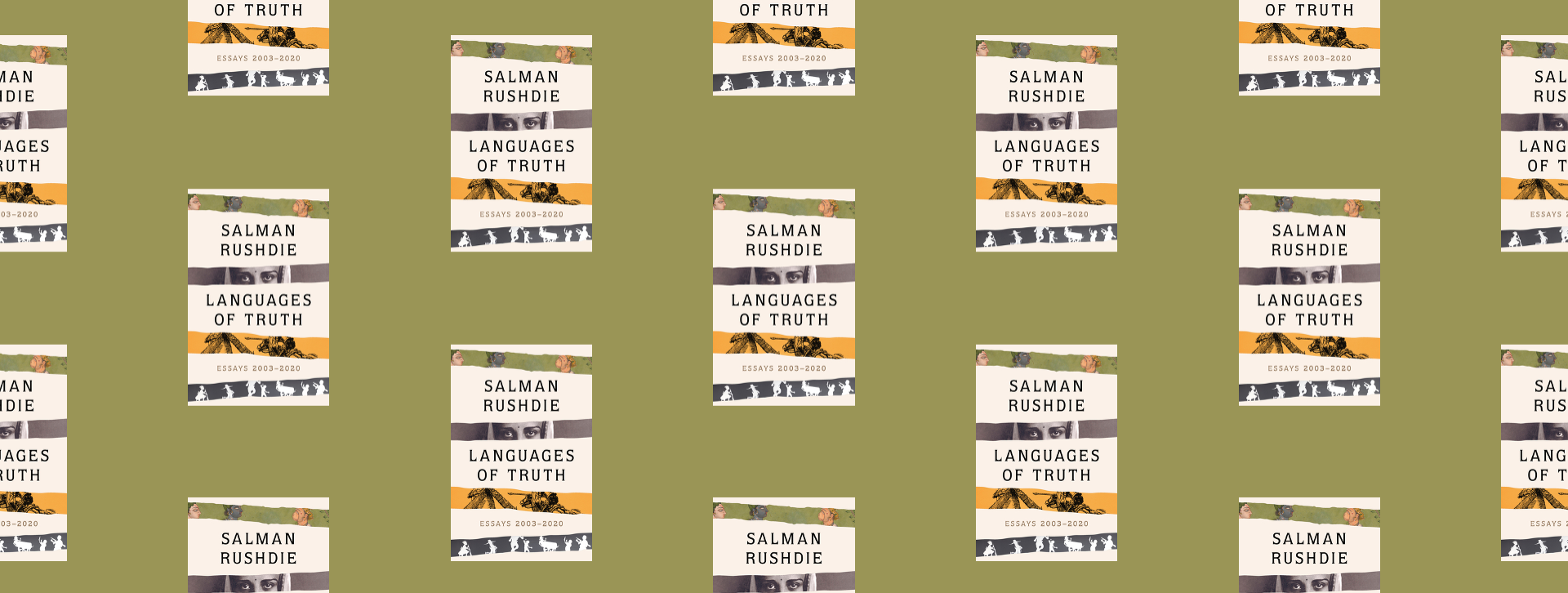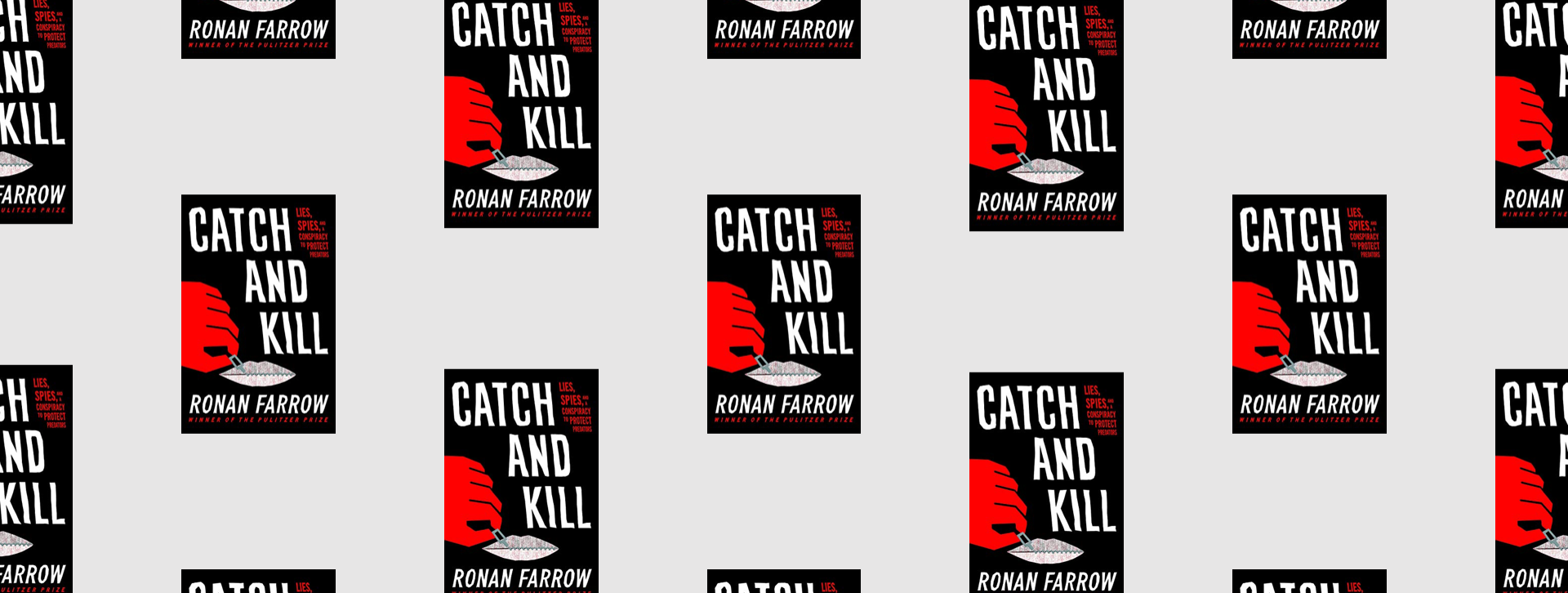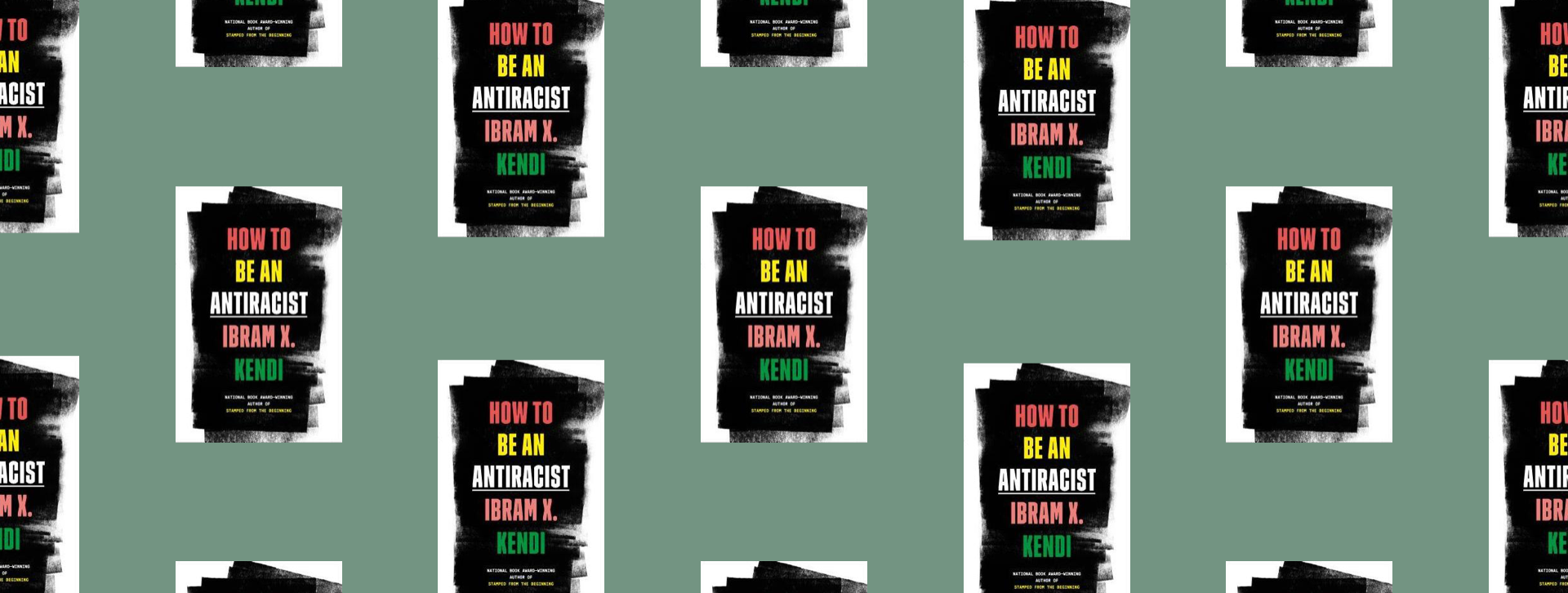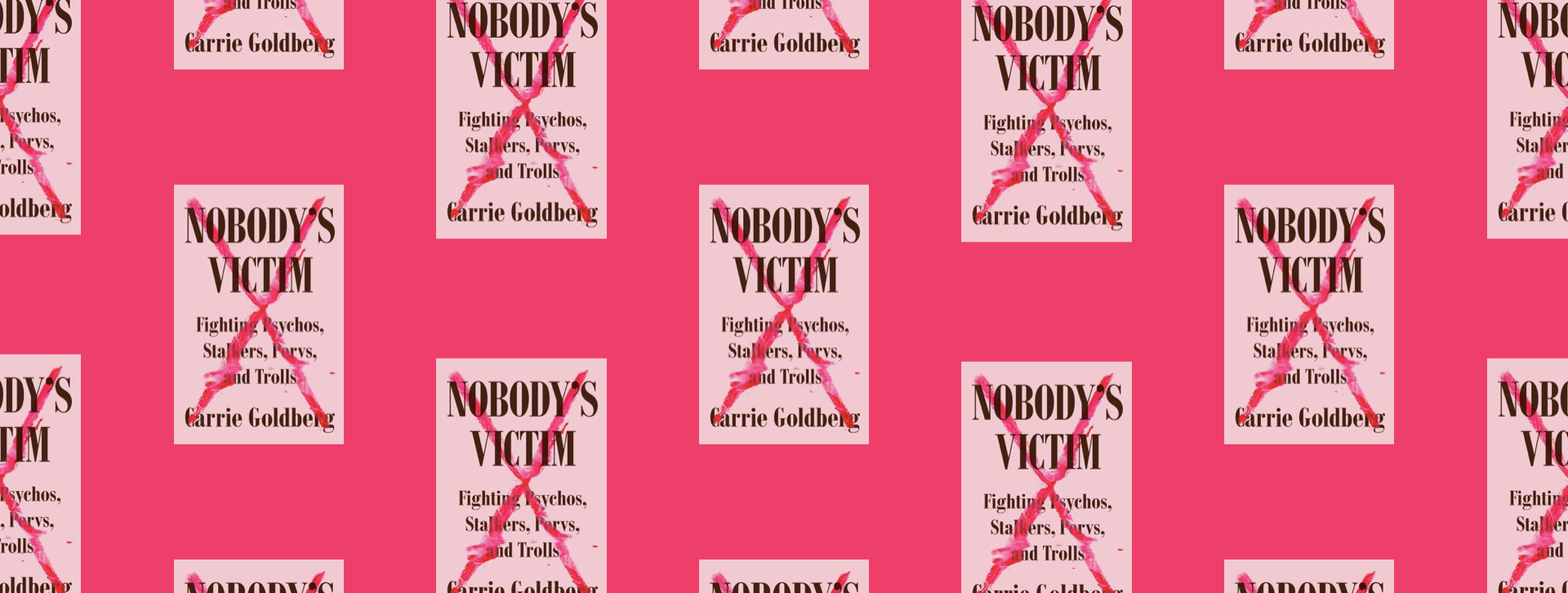Democracy in Retrograde: How to Make Changes Big and Small in Our Country and in Our Lives
Democracy in Retrograde is a fun, short, super accessible guide to becoming more civically engaged. It’s easy to digest in bite sizes and offers some useful tools for thinking about the ways you might derive the most satisfaction from getting involved and presents an excellent case for why you should.
Another World Is Possible: Lessons for America from Around the Globe
This book is not only hopeful and optimistic, but also instructive and motivational in terms of what kinds of policies and proposals are worth fighting for here in the US.
On Tyranny: Twenty Lessons from the Twentieth Century
If you haven’t read On Tyranny, please do so as soon as possible. This is an extremely short book — it’s 1:47 on audio and pocket-sized in print — that is nothing short of required reading, especially right now.
Abortion: Our Bodies, Their Lies, and the Truths We Use to Win
I don’t know how to explain to you how important it is that you read this book.
Languages of Truth: Essays 2003-2020
Languages of Truth is engaging and entertaining, although certain chapters will only be for certain people. Don’t be afraid to get a copy and skip around to the essays that interest you!
So You Want to Talk About Race
So You Want to Talk About Race is a solid, foundational book about antiracism with even more depth than the title implies.
Reclaiming Her Time: The Life, Wit, and Wisdom of American Icon Maxine Waters
Reclaiming Her Time is an upbeat, vibrant biography of Maxine Waters that’s full of personality. It was a ton of fun to read, and I also learned a lot I didn’t know.
Hood Feminism: Notes from the Women That a Movement Forgot
Hood Feminism is a wake-up call that should be required reading for all white and/or mainstream feminists.
Catch and Kill: Lies, Spies, and a Conspiracy to Protect Predators
THIS BOOK IS WILD. Ronan Farrow brings the drama this story deserves, as he tells us how he had to fight against literal evil forces to tell the world about Harvey Weinstein’s crimes.
The Witches Are Coming
The Witches Are Coming is straight-up feminist / liberal candy. She’s definitely going to be preaching to the choir — but members of that choir are going to eat. it. up.
How to Be an Antiracist
How to Be an Antiracist is a frank, straightforward, clarifying, no-holds-barred book about racism — more so than almost any other book like this I’ve read in the past.
Survive and Resist: The Definitive Guide to Dystopian Politics
Survive and Resist offers an intriguing premise: to look at actual dystopian political theory through the lens of fiction, film, and television. Um, helloooooo, sign me up!
Nobody's Victim: Fighting Psychos, Stalkers, Pervs, and Trolls
This book was FANTASTIC. In fact, I liked it so much that after I finished my library’s audiobook copy, I bought a physical copy so I could loan it out to friends.
Real Queer America: LGBT Stories from Red States
Rating: 5/5 | I chose Real Queer America for my office's Pride Month book club. I wanted to read something by either a cisgender woman or a transgender person, and I wanted to spark conversation about experiences that even our very diverse team had not considered before. This. book. was. it. Samantha Allen's prose is clear and impactful, yet warm and fun. I'm so, so glad I read it, and I can't wait to talk about it more. (Click the post to read more.)
From the Corner of the Oval
Rating: 3/5 | From the Corner of the Oval was fast-paced, well written, and suuuuper juicy. It's clear that Beck Dorey-Stein is a great writer, and her ability to observe, recall, and retell a story is what all creative nonfiction writers are striving for. Her personal story was not really my favorite, but I absolutely can't deny that she wrote this book really, really well. (Click the post to read more.)
We Are Not Refugees: True Stories of the Displaced
Rating: 3/5 | We Are Not Refugees was an important and very interesting book to read. Agus Morales is a journalist who has spent years traveling the globe, interviewing people who've had to flee their homes. (Click the post to read more.)
A Spark of Light
Rating: 4/5 | This book spent quite a while on my to-read list, and I'm so glad that I finally picked it up. As always, Jodi Picoult gives us a brave, thorough, empathetic, well-rounded story about one of the most controversial topics of our time. The book's unique format makes it even more interesting to read, and I felt it was just so well done. (Click the post to read more.)

